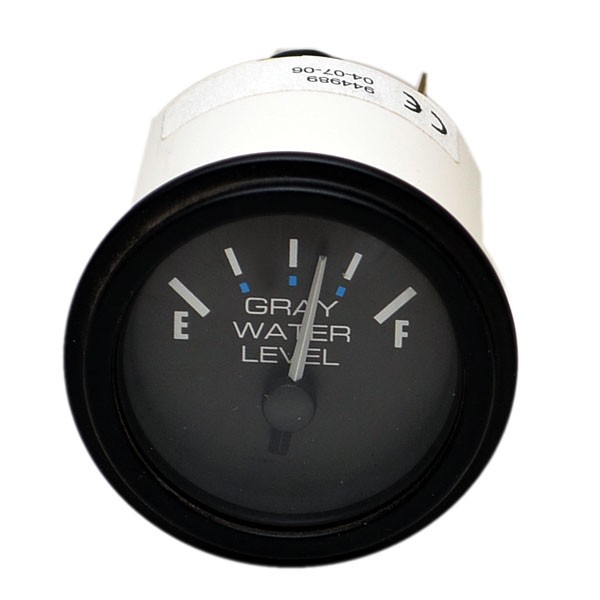Graywater Handling

Description
Graywater is the wastewater from the sink and shower (sewage is called blackwater). Graywater can contain detergents, soap, and food wastes and when released to the environment can reduce oxygen levels in small bays and coves by enriching algae growth and bacterial breakdown of wastes, both of which use up oxygen. Marina operators and their boating customers can reduce the impacts of graywater by taking the following steps:
- Customer Education: Educate customers about the impacts of graywater and steps they can take to help reduce graywater impacts.
- Refrain from Using Dish Soap On-Board: Discourage your customers from using dish soaps to clean dishes on board their boats. If soap is necessary for hard to clean jobs, use biodegradable soaps in moderation.
- Low Nitrogen Detergents: Sell only low nitrogen detergents in your ship store.
- Dishwashing Station/Laundry Facilities: Consider providing shoreside dishwashing facilities for boaters and encourage their use. Also explore the potential for offering coin operated laundry facilities.
- Encourage Use of Marina Facilities: Encourage customers to use the showers and restrooms provided by the marina when at the docks.
Useful Contacts
Massachusetts No Discharge Area Program, Massachusetts Office of Coastal Zone Management (CZM). This Program provides assistance to municipalities that are seeking a No Discharge Area designation. Call CZM at (617) 626-1200 or log on to CZM’s website at www.state.ma.us/czm/nda.htm for more information.
The CZM Coastal Pollutant Remediation (CPR) Program has funds available for pumpout programs. Call CZM at (617) 626-1200 or log on to the CZM website at
www.state.ma.us/czm/cprgp.htm for more information.
Clean Vessel Act Program at the Massachusetts Division of Marine Fisheries - Contact them at (617) 626-1531 or see
http://www.mass.gov/dfwele for more information on the federal Clean Vessel Act Program and pumpouts in Massachusetts.